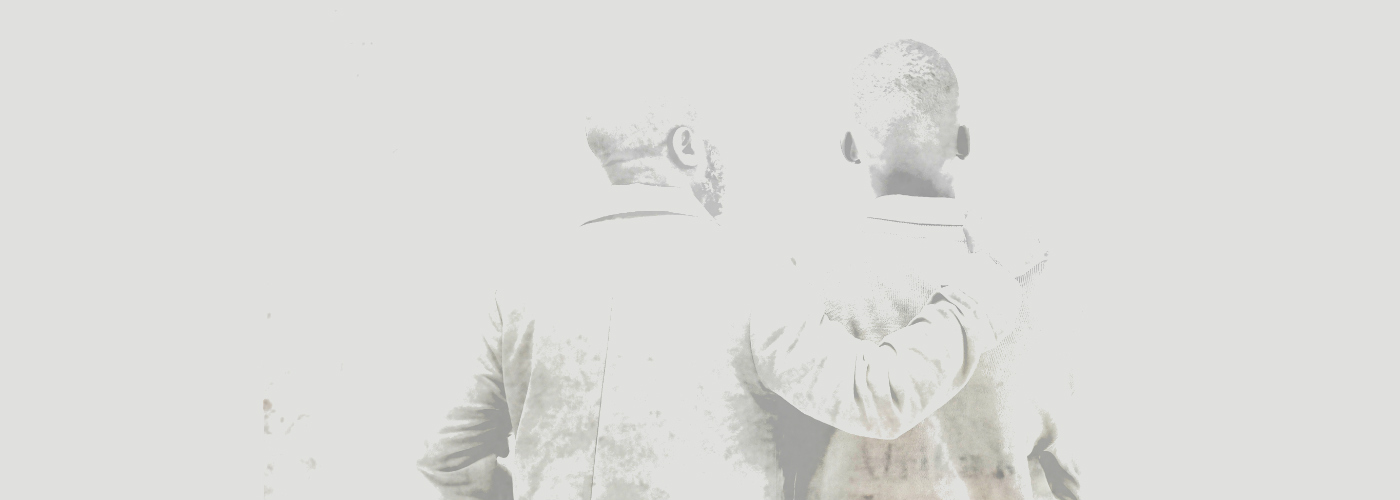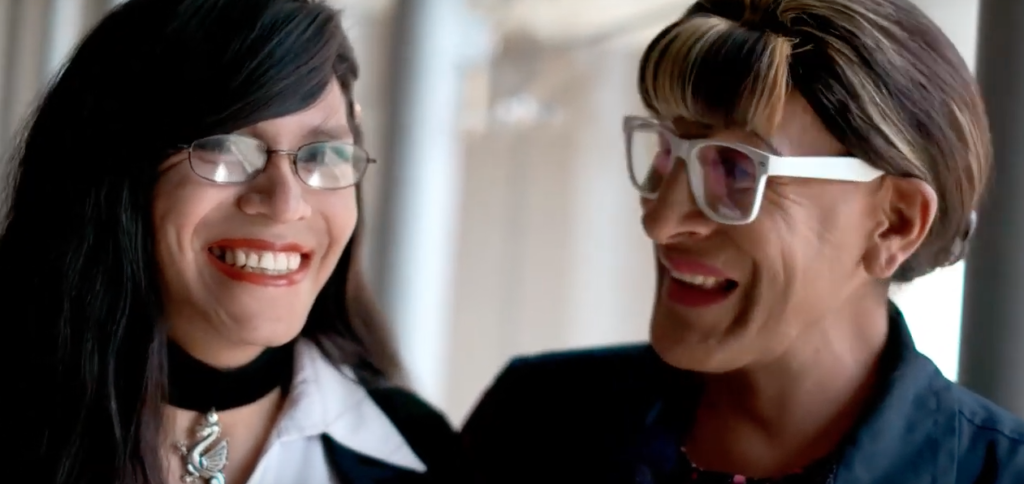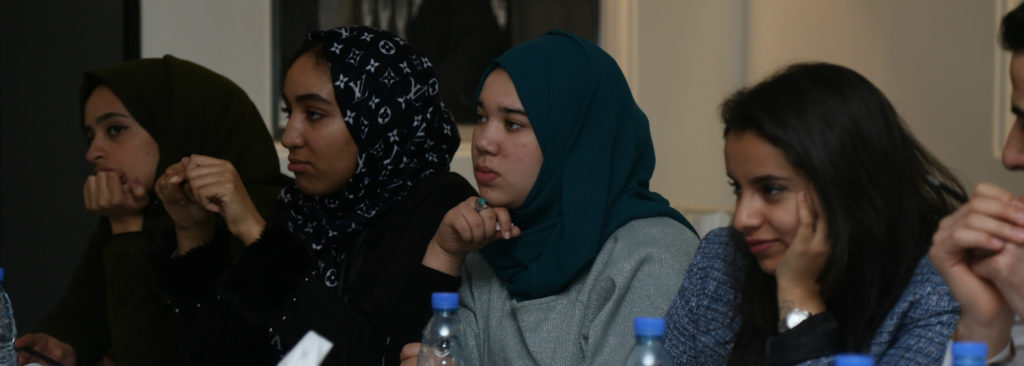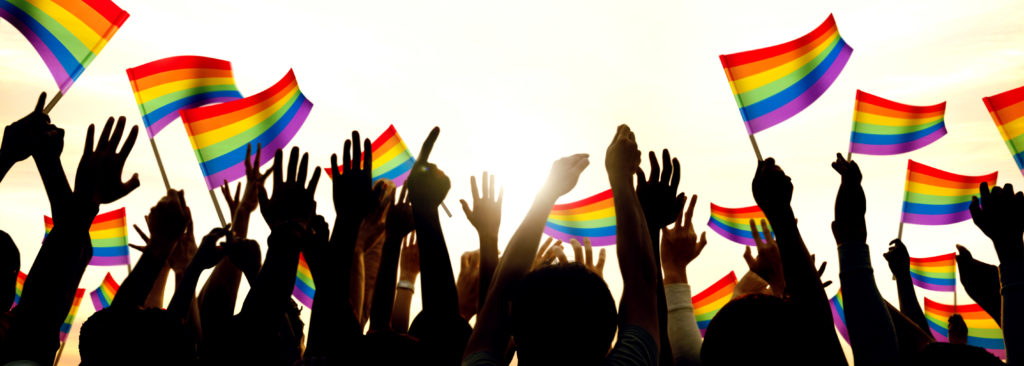By Kelly Imathiu, Strong in Diversity program officer, Hivos East Africa
Vulnerable populations of all kinds** generally have the least access to health services, including mental health, globally. In the Lesbian Gay Bisexual Transgender and Intersex (LGBTI) movement in Kenya, which Hivos supports through various programs, the situation is no different. It is led and managed by the community members themselves. However, a great deal of these members had not foreseen the need for mental health services for LGBTI individuals and organizations.
Fighting tirelessly for #Repeal162
On May 24 2019, the LGBTI movement in Kenya was anxiously waiting for the decriminalization of sections of the penal code that have been used to discriminate against LGBTI Kenyans. This was a very important day in the history of LGBTI rights nationally. The community finally felt that Kenya was ready for the full realization of expression and freedoms of sexual and gender minorities. However the High Court ruled against decriminalization, dashing the hopes of many.
After the ruling it was evident just how hard activists had fought for a positive outcome in the case – and the emotional toll this had taken.
Activists had supported one another tirelessly, championing for rights in relation to issues the movement had faced. These included: registration of LGBTI organizations, support for comprehensive medical care, strategic litigation for human rights abuse cases, legal recognition for change of documentation, access to entertainment facilities without fear of eviction, and safe employment conditions. A positive ruling would have seen the enforcement of the protections of LGBTI individuals and organizations across the country. However, activists were forced to comfort each other and resolve to continue advocating for safer spaces in Kenya.
Emotional well-being
After the ruling it was evident just how hard activists had fought for a positive outcome in the case – and the emotional toll this had taken. It was then that we finally realized the importance of accessing wellness and mental health services collectively, considering all the advocacy efforts done by grassroots organizations and activists, international institutions and LGBTI rights allies.
The concept of mental health and wellness was not new to us. Activists had found their own individual ways of dealing with stressful and depressing outcomes. Within the African setting, we belong to close-knit communities and are raised by both our families and community caregivers. Thus it is not uncommon to find that we rely heavily on our social support systems to refresh our “default settings”. It is how we know how to cope naturally.
Support systems
But how else are we coping? Resilience can also be perceived negatively. Traditionally and culturally, men are not cultured to speak or express their feelings on their mental health issues. Thus, we might find ourselves in a movement that has men who are not seeking assistance for their professional or personal problems. This equally affects women in the movement as rates of intimate partner violence have been rising particularly among bisexual couples. As more and more LGBTI persons try to cope with the challenges, drug overdose and suicide rates are also not far behind. This is certainly true for LGBTI persons who have little to no trustworthy support networks. In addition to our collective challenges, these issues are emerging concerns in the movement
Strong in Diversity as an ally
Hivos’ Strong in Diversity program supports the efforts of LGBTI movement activists to look introspectively into themselves, understand the nuances that exist for LGBTI persons within such a heavily hetero-normative environment, and build resilience strategies that give them the strength to continue with personal and professional advocacy.
The program works closely with partners, and particularly trainers, who help activists look into their past experiences, into themselves and into the future with regard to sexual orientation and gender identity. This focus on mental health was developed to address needs expressed by the community to have a structured curriculum that helps LGBTI people genuinely understand themselves and the communities we exist in.
As we continue to practice individual and now collective healing and care practices, the movement is resolved to find innovative strategies to support mental health access, while also recognizing that our advocacy efforts are not a point on the horizon. They represent a much longer process that will require us to put our wellness and mental health at the center of our continuous organizing. Whether we choose to have individual therapy sessions or collective organizational staff retreats and “wellness days”, it is important that we recognize the place of rest and recuperation in our lives.
** Vulnerable populations include the economically disadvantaged, racial and ethnic minorities, sexual minorities, the uninsured, the elderly, the homeless, people with HIV, and people with other chronic health conditions, including mental illness.




